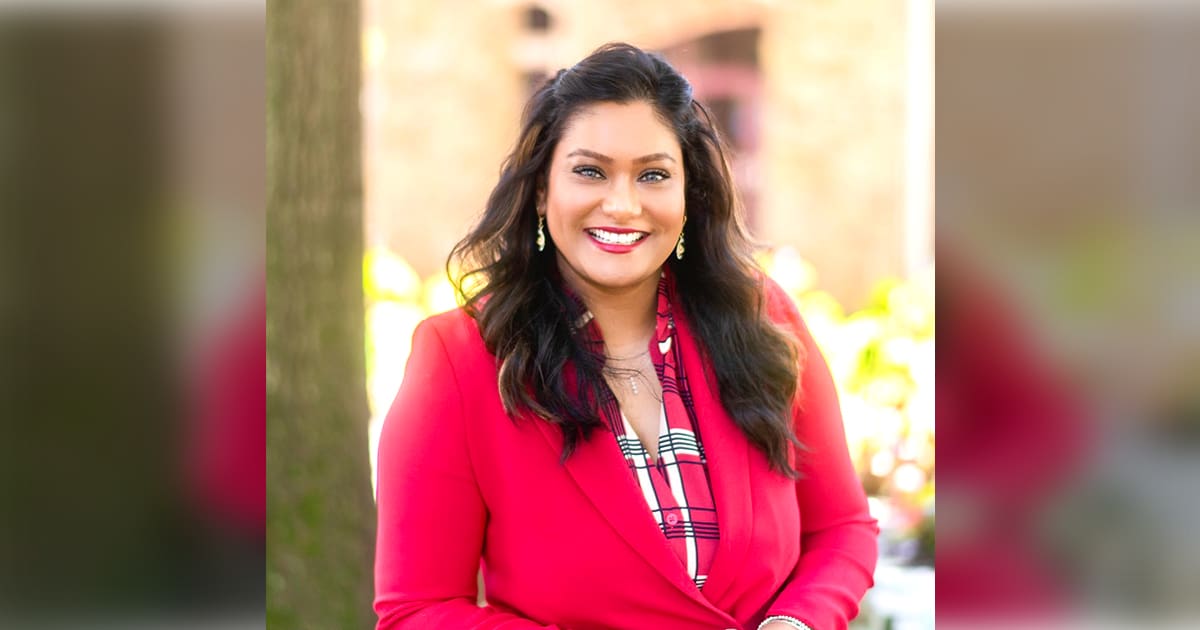UA Little Rock Completes Final Year of Undergraduate Research Experience Focused on Hate Crime Victimization in the South

A group of undergraduate researchers from across the country spent the final year of a National Science Foundation-funded research project investigating obstacles to passing hate crime legislation in Arkansas.
Dr. Tusty ten Bensel, associate dean of the College of Business, Health, and Human Services and professor of criminal justice, and Dr. Robert Lytle, associate professor of criminal justice, received a three-year $324,987 National Science Foundation (NSF) grant in 2021 to study anti-Muslim sentiment and hate crimes in Arkansas.
The Research Experience for Undergraduates program provided 10 talented undergraduate students with a funded opportunity to engage in research. During the final summer of the program, student researchers studied the perceptions of lawmakers as to the extent of hate crimes against Muslims as well as the obstacles in passing hate crime legislation in Arkansas.
“We spent this summer talking with policy makers and looking at some of the transcripts of public hearings related to the hate crime bills that were passed in Arkansas a few years ago,” Lytle said. “The goal was to learn about the policy process and to look at how we as a state respond to hate crimes. The first two years of the study we focused on understanding what hate crimes and anti-Muslim sentiment looks like. This year, we were able to talk with some legislators. The students also transcribed videos of committee and floor meetings in which legislators debated the hate crime bill. The videos are publicly available on the state’s General Assembly website.”
This year’s summer researchers included Sophia Atwell of George Mason University, Emily Flesher of the University of Oklahoma, Brandon Goetz of Wartburg College, Maya Hwang of Los Angeles Pierce College, Aneesha Lawrence of Howard University, Alexandra Kazen of the University of Texas at Austin, Justin Paolino of Bard College, Star Purchase of Indiana University-Indianapolis, Marybeth Sloat of Husson University, and Ayshe Yeter of the University of Kentucky.
“I am really interested in research in the social sciences,” said Goetz, a senior psychology and criminal justice major. “I think my future career interest is in counseling psychology and graduate school will be research oriented. I wanted to take a summer to home in on these skills and get involved in a research project. I wanted to learn skills that will help me in my career.”
This year’s cohort built upon the work of the previous two summer cohorts. Last year, the students studied the extent and scope of anti-Muslim hate crimes in Arkansas. The 2022 group analyzed qualitative interview data with members of the Muslim community in Central Arkansas to identify common patterns and themes in experiences with anti-Muslim sentiment and hate crime.
Yeter, a senior political science major, was especially interested in exploring the political side of things as she is interested in practicing public service law in the future.
“The most interesting thing for me was to see how much the legislative process can change from state to state,” Yeter said. “We got to visit the Arkansas State Capitol, sit in on a committee hearing, and interview legislators. This summer is like a boot camp for research. We basically did everything a Ph.D. student does in their first year during our eight weeks here.”
During the summer program in June and July, the student researchers participated in research and content workshops, alumni presentations, experiential activities, collecting and analyzing data, writing a research brief on findings, and participating in a final presentation for internal and external stakeholders.
“I am originally from Arkansas so being able to do research in my home state was really cool,” said Flesher, a junior public health and art therapy major. “Getting to study communities that are near and dear to my heart has been great. My university research experience is primarily focused on quantitative skills so getting to focus on qualitative skills has been great as I hope to become a mixed-methods researcher.”
Flesher remains grateful for the summer research opportunity because of all the valuable skills she learned as well as the insight she learned about applying to graduate school.
“The program has been really helpful in terms of my future career,” Flesher said. “My dream job is to be a college professor at a research institution. I’ve really fallen in love with the process of research and what it can do for the world around us.”
